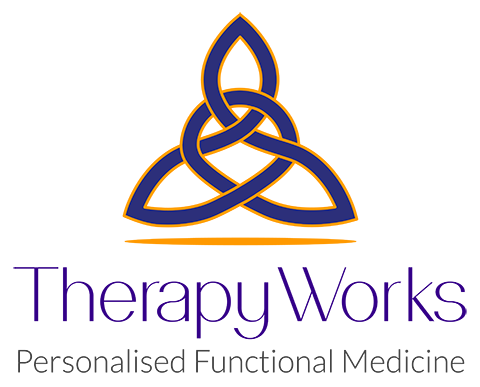What is Homoeopathy?
Julia Conroy explains…..
Homeopathy is a system of medicine which involves treating the individual. The aim is to trigger the body’s intrinsic system of healing. Based on unique symptoms, a homeopath will match the most appropriate medicine to each person.
Homeopathy is recognised by the ‘World Health Organisation’ (WHO) as the second largest therapeutic system in use in the world.
Origins
The principle of treating ‘like with like’ dates back to Hippocrates (460-377BC) but in its current form, homeopathy has been widely used worldwide for more than 200 years.
Homoeopathy was ‘discovered’ by a German Physician and Chemist, Samuel Hahnemann, who was shocked by the harsh medical practices of the day such as blood-letting, purging and the use of poisons such as arsenic. Hahnemann looked for a way to reduce the damaging consequences associated with medical treatment and went on to document his work.
The name ‘homoeopathy’ is derived from the Greek words for ‘similar suffering’ this refers to the ‘like cures like’ principle of healing. A potentized medicine will cure the symptoms it causes on a healthy person. Symptoms are the body’s way of taking action to overcome illness. The similar medicine acts as a stimulus to the natural vital response, giving the body information it needs to complete its healing work.
What conditions can homoeopathy treat?
Homoeopathy aims to treat the whole person, taking into account personality, lifestyle and hereditary factors as well as the history of the disease. Since all patients are unique, homoeopathic medicines are prescribed to treat patients as individuals. For example, headaches in different people would each be treated with different medicines, according to the patient’s characteristic symptoms.
Homoeopathy can be of benefit for all ages, at any stage including pregnant women, mothers, fathers, babies, young children, teenagers, and the elderly.
Homoeopathy can treat the symptoms of a wide range of conditions
- Acute complaints – coughs, colds, influenza, earache, food poisoning, motion sickness and headaches
- Musculoskeletal conditions- osteoarthritis, rheumatoid arthritis and gout
- Chronic complaints –insomnia, depression, grief, chronic fatigue, hormone imbalances, digestive disturbances, headaches, skin conditions, behavioural problems, glue ear, asthma and bronchitis
- First aid – bites, stings, hives, injuries, trauma and shock
- Vague symptoms – where there are no identifiable causes of disease, but the person just feels unwell
Julia is a qualified Homoeopath and Nutritionalist in addition to be a teacher of therapeutic Yoga over the last 25 years.
- What are Acupoints? - 12 December 2023
- What is Complementary Medicine Used For? - 20 August 2022
- Auriculotherapy Ear Acupuncture - 21 July 2022



